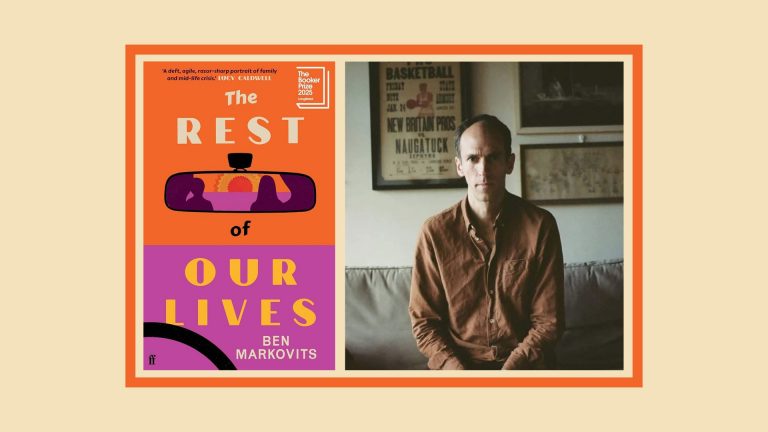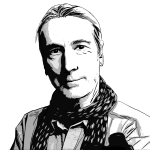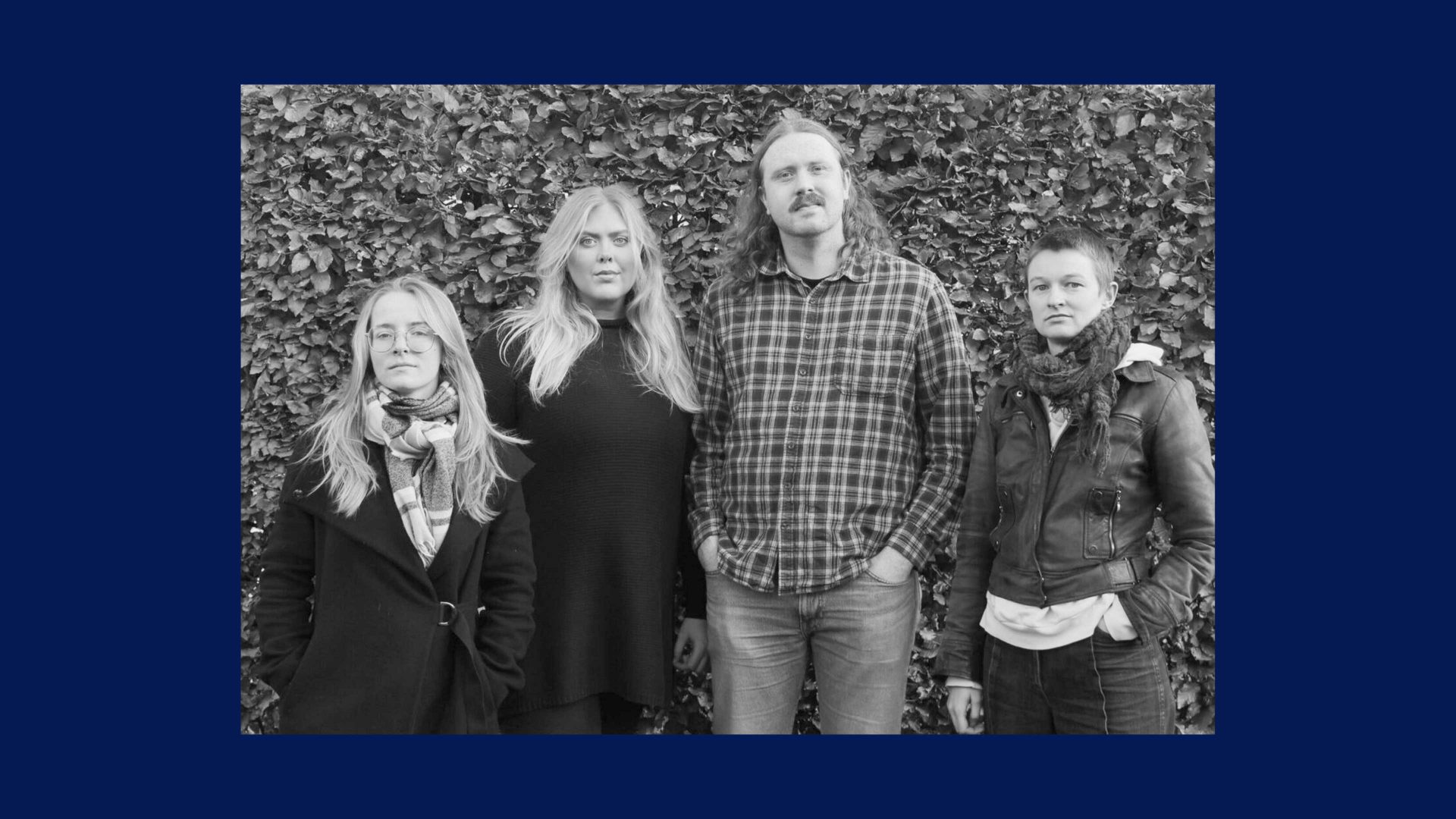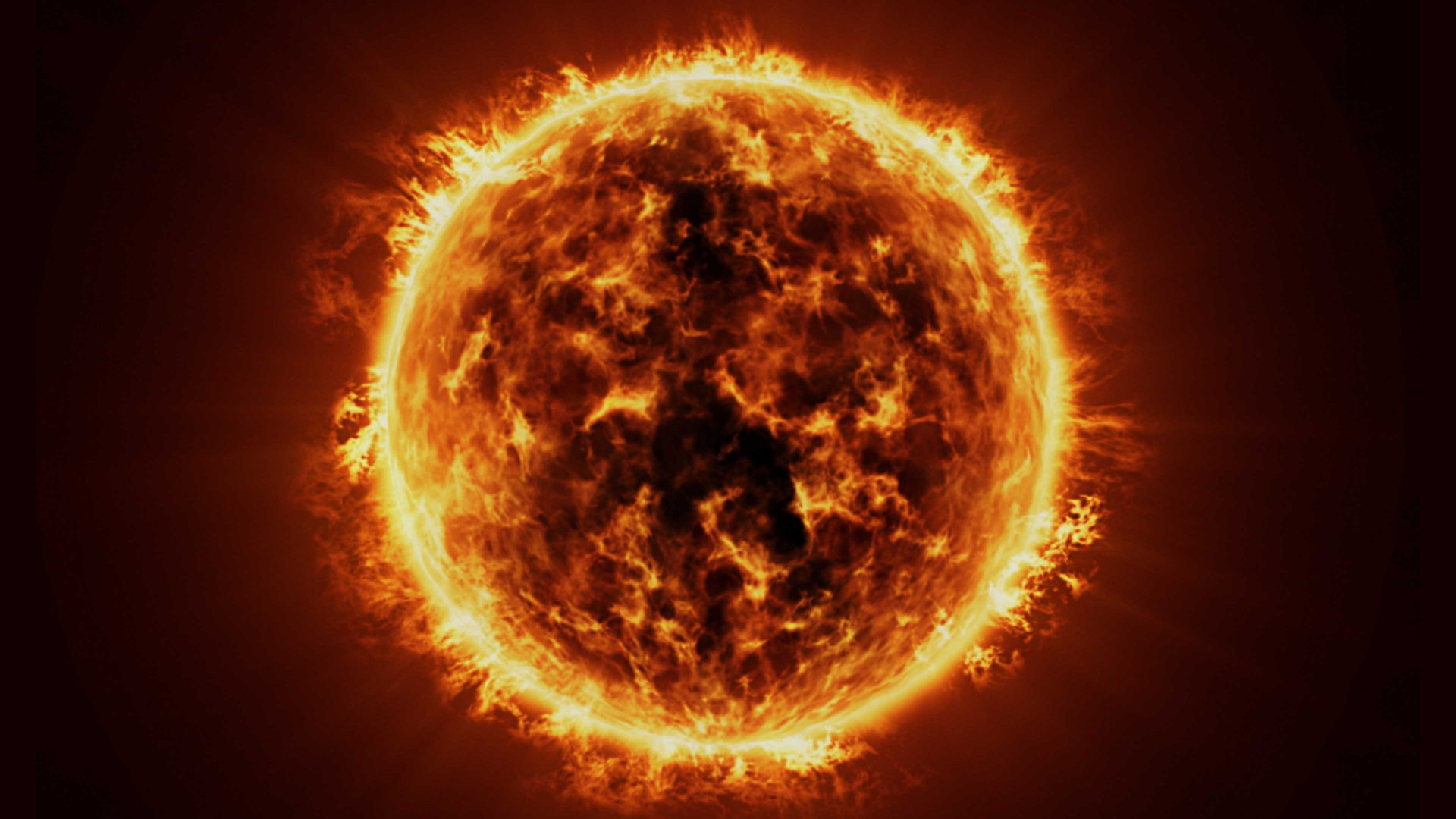“All autobiographies are lies. I do not mean unconscious, unintentional lies. I mean deliberate lies.” George Bernard Shaw never read The Salt Path, but these words – in the nearest he ever got to an autobiography himself, Sixteen Self Sketches – tell us that he did read other books like it.
This summer’s furore about Raynor Winn’s book resonates with so many because The Salt Path needs to be true. A book that begins with disaster and moves through adversity to redemption only works if the characters are real people coping with real disasters and enduring real adversity before finding real redemption. The Salt Path’s power is as a living fairytale. We want to believe that in the face of all kinds of terrible things, it is still possible to live happily ever after – in the real world.
There are many semi-autobiographical novels, and few are pedantic about truth.
In Ulysses, Stephen Dedalus, the author James Joyce’s alter ego, paid the rent for the Martello Tower where he lives with his friend-turned-enemy Malachi Mulligan; both he and the book’s second major character, Leopold Bloom, walk around Dublin without a key to their own homes. But the historical Joyce paid no rent. Readers are free to decide whether this matters or not.
In À la recherche du temps perdu, Marcel Proust wrote about his disastrous, jealousy-haunted relationship with Albertine, a lovely, spirited girl he met at the seaside. But the real-life character was not a lovely girl at all: Albertine was based on Proust’s lovely chauffeur, Alfred Agostinelli.
Anthony Powell’s 12-volume novel A Dance to the Music of Time is narrated by Nick Jenkins, who lived much the same life as Powell. After the second world war, Powell was horrified to learn of his wife’s infidelity, and got locked into a cycle of depression and manic overwork. This has no place in the post-war volume Books Do Furnish a Room.
Most readers would agree that all the above is fair enough. Wordsworth wasn’t lonely as a cloud when he saw those daffodils, he was with his sister Dorothy, but “me and my sister went for a walk” doesn’t read as well as “I wandered lonely as a cloud”. Keats claimed that his nightingale flew away from him singing as it went; no nightingale ever sang in flight in all its life. Only you, dear reader, can say if this compromises the work.
In my hippy youth, I read and enjoyed Don Juan: A Yaqui Way of Knowledge by Carlos Castaneda. It’s about the author’s apprenticeship to a shaman and his drug-powered adventures in search of truth. I later learned that the book was doubted from the outset and is probably all fiction.
No matter how much of The Salt Path is untrue, it’s not a forgery. The Hitler Diaries were put together by Konrad Kujau and in 1983 sold to Stern magazine for 9.3m Deutschmarks. Other famous forgeries include the autobiography of Howard Hughes, a 19th-century autobiography of Davy Crockett and My Sister and I, which claims to be Nietzsche’s account of an incestuous relationship with his sister.
Suggested Reading


The Rest of Our Lives lacks a punchline and a point
There are also examples of outright fakery in the Salt Path genre of misery-lit: how life went frightfully wrong but then got frightfully good, with the help of nature or faith or love or something. Example: A Million Little Pieces by James Frey, a tale of redemption from drink and drugs.
It was selected for Oprah Winfrey’s Book Club. But when it later became clear that Frey had made most of it up, he was back on Oprah’s show for a major telling-off.
There are similar examples of fake memoirs, generally written by people from a privileged background pretending to come from the marginalised population: Go Ask Alice, an anonymous memoir of a troubled teenager, The Honored Society, a mafia memoir, Confessions of a Transvestite Child Prostitute and Odd Man Out, from professional baseball.
There was a missed clue as to the authenticity of Frey’s druggy book: he first tried to sell it as a novel. As fiction no one wanted it: as memoir it sold 5m copies. Well, Powell always claimed that self-pity is the most marketable quality in an author’s repertoire.
In Powell’s Dance series, a novelist called X Trapnel says: “People think that because a novel’s invented it isn’t true. Exactly the reverse is the case…. the autobiographer… is imprisoned in his own egotism. He must always be suspect.”
Picasso once wrote: “Art is a lie that makes us realise truth.” But memoir is often a lie that tells us not truth, but lies we want to hear. I’m not going to tell befuddled readers of The Salt Path that they have only themselves to blame. Instead, I’ll tell you about Lance Armstrong and me.
I read his autobiography, It’s Not About the Bike. I learned that he suffered from testicular cancer and that he banked his own sperm after a potentially terminal diagnosis. But he didn’t die. He won the Tour de France seven times in a row. I’ve been writing about sport for most of my professional life and I was full of admiration for a well-crafted book and an extraordinary man.
It was later revealed that Armstrong was a massive user of performance-enhancing drugs throughout his career. I had believed what I wanted to believe. True, that’s better than being a cynic who disbelieves every wonderful thing on principle. But all the same – well, I didn’t feel duped. I felt betrayed.
More fool me. I suppose.
Simon Barnes is an author and journalist




